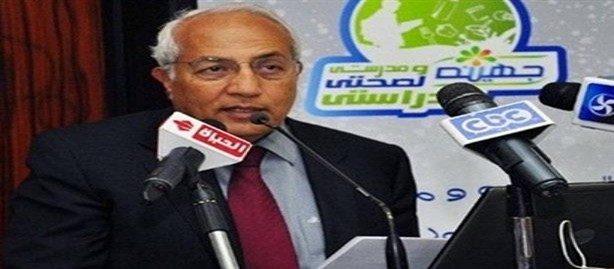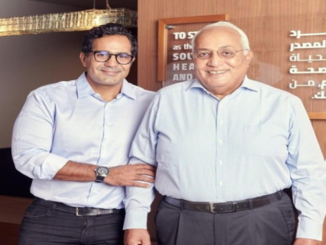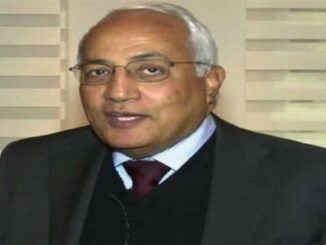
Juhayna founder Safwan Thabet on 3 December marked two years in pretrial detention—the legal maximum—for refusing to give up his company to the state
Egyptian authorities arrested the 76-year-old businessman in 2020 after he refused to hand over his family’s shares in dairy and juice giant Juhayna.
Thabet has spent two years in solitary confinement under bogus terrorism charges while being denied medical treatment for a number of health issues.
A Twitter account identified as “Thwrat Shaab” (People’s Revolution), tweeted saying: “Businessman Safwan Thabet completed two years in pretrial detention on charges of financing the Muslim Brotherhood, but the truth is that Safwan Thabet is imprisoned because he refused to give up part of his company for the benefit of a government-owned entity, and this is the same reason why his son Seif was also arrested.”
He has been interrogated only once during his 730 days behind bars and is now the latest political prisoner to be held in pretrial detention beyond the two-year maximum.
After being detained, Thabet handed the reins of the company to his son, Seif Thabet, but the younger Thabet was himself detained only two months later after also refusing to give up the family’s Juhayna shares. Seif is also still imprisoned.
This October, the Committee for Justice (CFJ) and the Freedom Initiative appealed to the UN Working Group on Arbitrary Detention to investigate the Thabets’ case and demand their release.
“The abysmal condition of the Thabets’ detention violates a number of Egypt’s own laws and international legal commitments,” said the CFJ’s Yasmin Omar. “We hope that engagement from the UN can unequivocally establish that there is simply no justification for the continued detention of these two men.”
Ismail Aleskandrani
Also, journalist and researcher Ismail Aleskandrani completed his prison sentence on 30 November, but he was later released.
Aleskandrani was arrested in 2015 for conducting research on North Sinai and held in pretrial detention for two and a half years. Despite the lack of any evidence, a military court convicted him in 2018 of obtaining and publishing military secrets, joining a banned group, and spreading false news abroad, sentencing him to 10 years in prison.
The court reduced his sentence to seven years this October, meaning that he should be freed today.
The leftist lawyer Mahienour El-Massry tweeted on 30 November, saying: “Today is the last day of the sentence that the researcher and journalist Ismail Aleskandarani is serving. Ismail’s mother died while he was in prison, and his life was ruined. May God compensate him for these losses
Aleskandrani’s case “reveals the authorities’ highly skeptical view of the work of journalists and researchers in Egypt and their activity in collecting and analyzing information outside the official narrative, especially in sensitive files such as the conflict in Sinai,” the Egyptian Front for Human Rights wrote on 30 November.
Aleskandrani, whose mother died during his seven years behind bars, “should have never been imprisoned,” EuroMed Rights added.
“We hope to see him free, as he should be, and all the other human rights defenders unjustly sentenced and detained for their work.”
Another researcher facing “spreading false news” charges, Patrick George Zaki, saw an emergency court adjourn his trial again yesterday until 28 February.
The Egyptian Initiative for Personal Rights researcher was arrested at Cairo’s airport in 2020 while returning from his studies in Italy for a family visit. A court ordered him released in December 2021 after 22 months in detention, but he remains banned from travel.



